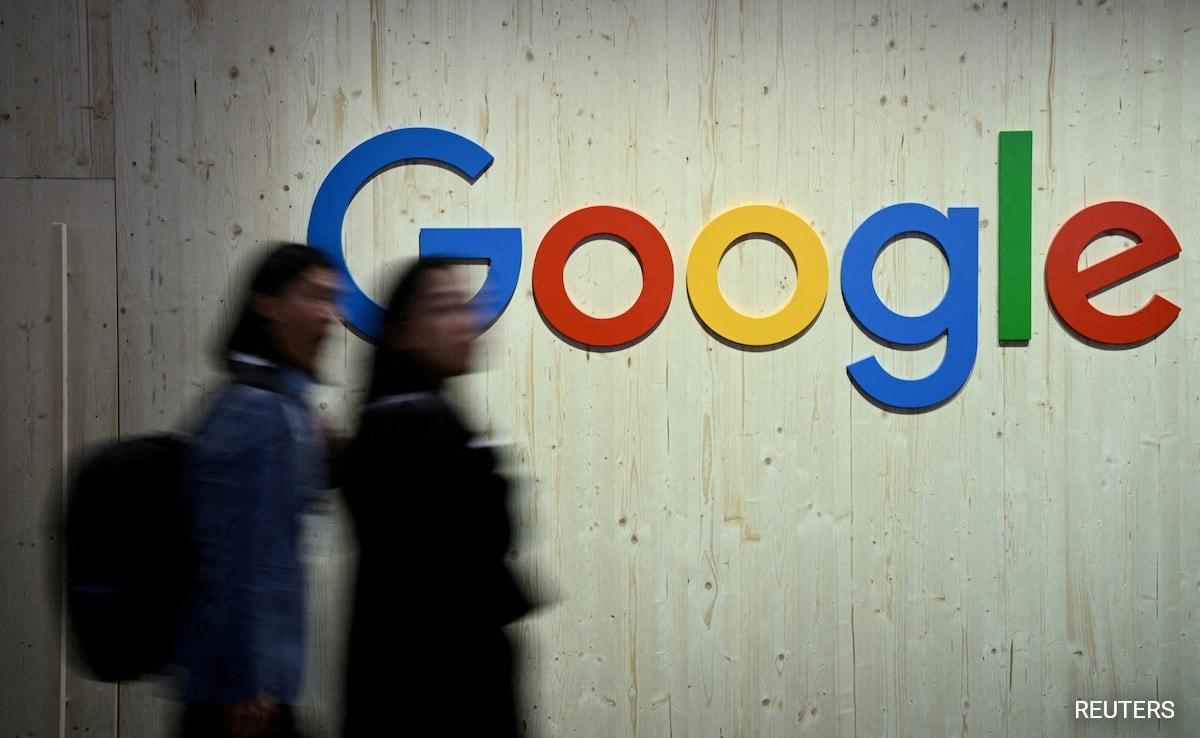Google Confirms Significant Payment to Samsung for Preinstalling Gemini on Smartphones

Google’s Deal with Samsung for Gemini AI App
Google has been making headlines due to its financial agreement with Samsung regarding the pre-installation of the Gemini AI application on the latter’s smartphones. This arrangement signifies a significant move for both companies and reflects the evolving landscape of technology partnerships and regulatory scrutiny.
Financial Arrangement Details
According to Peter Fitzgerald, who is Google’s Vice President of Platforms and Device Partnerships, this partnership began in January 2023. As part of this multi-faceted agreement, Google pays Samsung a substantial monthly fee, described by a Department of Justice (DOJ) attorney as an "enormous sum." While the exact figure remains undisclosed, it is evident that the financial stakes are high for both companies.
Not only does Google provide a fixed monthly payment to Samsung, but they also share a percentage of the subscription revenue generated by the Gemini app. This revenue-sharing model adds another layer to their financial collaboration and demonstrates Google’s commitment to ensuring that its applications reach a wider audience through Samsung’s devices.
Background on Antitrust Concerns
The deal comes under significant scrutiny from the regulatory authorities. Judge Amit Mehta, who is overseeing the ongoing antitrust case involving Google, has previously highlighted that such practices—where companies are paid to set certain apps as defaults—could violate antitrust laws. This reflects a broader concern regarding how tech giants exert control over market choices.
Historical Context of Google’s Practices
This isn’t the first instance where Google has been involved in financial arrangements with manufacturers for app installations. From 2020 to 2023, Google allegedly paid Samsung around $8 billion to have its Play Store, Assistant, and Search app set as defaults on their devices. Similarly, in 2022, Google paid Apple $20 billion to become the default search engine on the Safari browser.
These agreements have led the DOJ to accuse Google of engaging in monopolistic strategies, such as eliminating competition through acquisitions and locking users into using its products alone. These practices have raised alarms about how they impact consumer choice and market diversity.
Future Implications
If the DOJ’s case proceeds favorably for them, this could radically alter how Google conducts its business. Potential outcomes could include a ban on such financial deals that establish Google’s apps as default options on smartphones. Furthermore, Google might be compelled to sell off parts of its business, such as its Chrome browser, and license significant amounts of data that support its Search functionalities.
Key Takeaways
- Google is paying an undisclosed "enormous sum" to Samsung for pre-installing the Gemini AI app on Samsung smartphones.
- This financial agreement has raised antitrust concerns, particularly regarding Google’s past practices of paying for default app placements.
- Judge Amit Mehta has framed these practices as potentially infringing antitrust law.
- The DOJ is investigating Google’s business practices to prevent monopolistic behavior that could harm competition.
As the situation continues to develop, it remains to be seen how these actions might influence the tech market and consumer options in the future.





